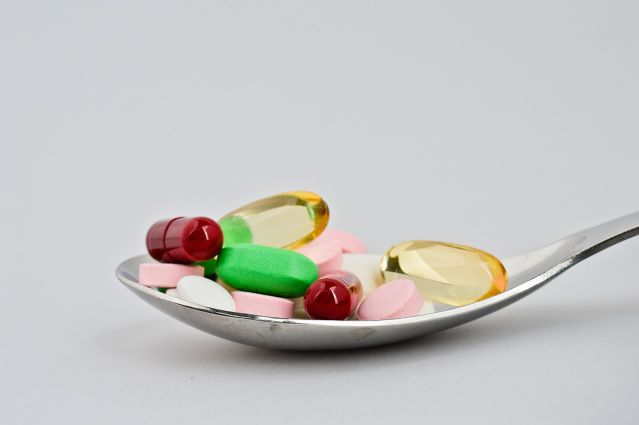Alcoholism
Sugar Withdrawal: How Does It Occur?
Sugar withdrawal can manifest similarly to alcohol and drug withdrawal.
Posted March 19, 2024 Reviewed by Abigail Fagan
Key points
- Sugar dependence can result in withdrawal-like symptoms when intake stops.
- Sugar consumption activates the brain's reward system.
- The manifestation of withdrawal symptoms is how the brain copes with the lack of sugar.

Similar to drug and alcohol withdrawal, sugar dependence can result in withdrawal symptoms when intake stops. In situations of drug addiction, withdrawal behaviors vary depending on the type of drug and the length of time it is used. In individuals with severe alcohol addiction, withdrawal symptoms may manifest as seizures—which is why withdrawal symptoms and detoxes are medically supervised. With nicotine, withdrawal symptoms typically manifest as cravings, nausea, anxiety, and irritability.
If you’re someone who has engaged in frequent dieting, you’ve likely experienced the symptoms of sugar withdrawal. Let’s discuss an example of this. If you are someone who often consumes foods that are high in added sugar, and you suddenly decide to give up sugar once the new year rolls around, you might suddenly feel terrible. Similar to the withdrawal of tobacco, sugar withdrawal can cause a variety of symptoms including anxiety, lethargy, irritability, and headaches.1 In these situations, it is common to consume food with sugar in it, which further contributes to the never-ending cycle of dieting.
Interestingly, the reason these symptoms manifest is due to how your brain is coping. Our brains love sugar because the consumption of sugar activates the brain's reward system. Whenever we stop giving our brains sugar, it copes through the manifestation of undesirable symptoms—which is sugar withdrawal. In my lab, we looked at the impact of sugar on rats. Whenever we removed the sugar from the rat's diet, the rats became viscous, agitated, and acted the opposite of their usual behaviors.1
Although many studies have been primarily done in rats, clinical studies may indicate similar findings.1 Studies that have looked at individuals with food dependence found that over 50% of people report withdrawal-like cravings when trying to reduce their intake of sugar.1 Frequently reported withdrawal symptoms included headaches and fatigue.1
Experiencing withdrawal symptoms from sugar dependence is a normal manifestation of sugar dependence.1 Fortunately, withdrawal symptoms tend to occur initially and subside over time. This being said, initially cutting out sugar will be the most challenging part of your fight against sugar dependence. Throughout this process, it is important to continually remind yourself that the strong urge to engage in unhealthy eating habits is one of the main reasons why you’re so hooked on sugar. Sugar withdrawal is challenging and can certainly seem never-ending.
All in all, it is important to push past the withdrawal symptoms and not give in to the cravings and sugary foods. Those sugary snacks may make you feel better at first, but the impact over time can be detrimental. Recognizing withdrawal symptoms and understanding how to properly cope with them makes all the difference at this point in the process.
For more information, see my newest book, Sugarless: A 7-Step Plan to Uncover Hidden Sugars, Curb Your Cravings, and Conquer Your Addiction.
References
1. Avena, N. Sugarless: A 7-Step Plan to Uncover Hidden Sugars, Curb Your Cravings, and Conquer Addiction. Union Square & Co. 2023.


